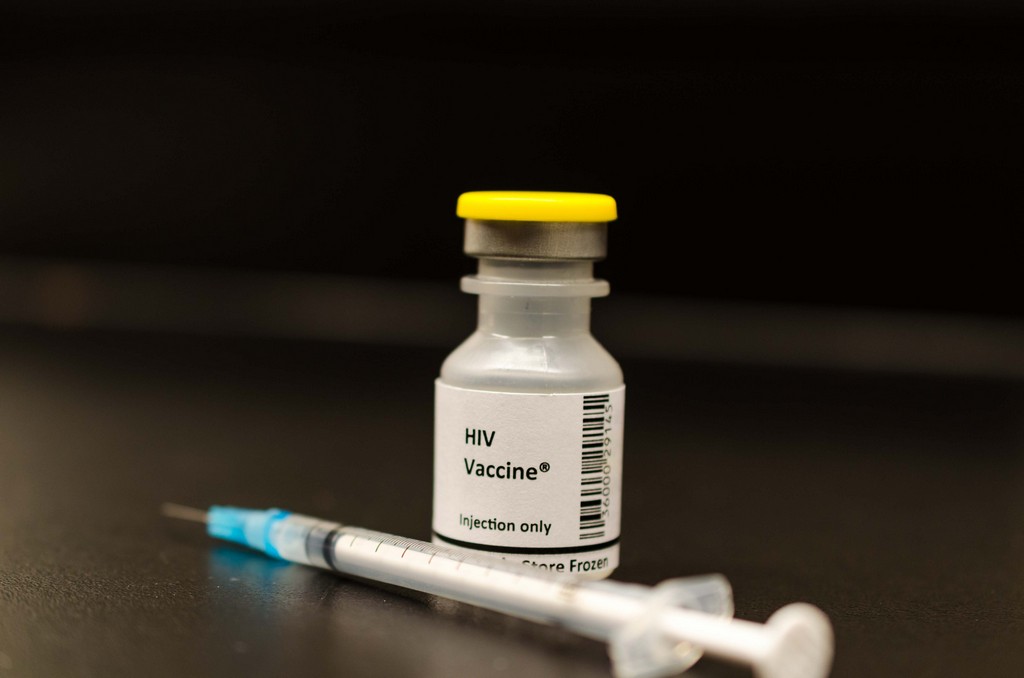Math Model Suggests HIV Vaccine Still Has Pivotal Role In Ending AIDS

Scientists from the Yale School of Public Health conducted a major study on the impact and cost-effectiveness of HIV vaccines. According to the results of the work published in the Proceedings of the National Academy of Sciences, even an ineffective (from 50%) vaccine combined with other methods of prevention can prevent 17 million new infections in the coming years.
The researchers, led by Alison Galvani, developed a mathematical model of the HIV epidemic progression, which showed that maintaining the status quo in treatment and diagnosis would lead to 49 million new HIV / AIDS cases in the world in 2015-2035. The use of a vaccine with a relatively low efficiency could reduce this figure down to 32 million.
According to Galvani, even if UNAIDS will achieve its ambitious goals within the 90-90-90 program framework, the additional advantage of a partially effective vaccine would be a huge help in overcoming the pandemic and saving millions of lives around the world.
However, the key problem in implementing such a plan is the fact that vaccines are put into production only with the proven effectiveness of 80-95%, while the creation of an HIV vaccines associated with some difficulties. A live HIV-based vaccine can produce more harm than good, where an inactivated virus vaccine has not shown efficacy above 39% to date.
The last major tests of the HIV vaccine were held in Thailand seven years ago. These days a placebo-controlled trial of such a vaccine is taking place in South Africa. It will be put into production if it will show the efficiency at least 50%. The first results of the study in South Africa will be known in 2020.



